The views expressed in our content reflect individual perspectives and do not represent the authoritative views of the Baha'i Faith.
Why do we put people in prison? In most rule-of-law countries, societies imprison people to punish those who commit crimes, to rehabilitate them, and to protect the wider society from them.
But the real reason we imprison convicted criminals, some incarceration experts say, is a darker and less noble one—to exact our collective emotional revenge on behalf of the victims. I’ve had some experience with that emotion.
A few years ago, while stopped at an intersection with my family in the car, a young guy driving a pickup smashed into us from behind—hard. He slammed into the rear of our car, pushing us into the car in front of us. He never even braked, and was probably going 30 or 40 miles an hour when the violent collision happened. After frantically checking if my wife and children were hurt—luckily, we all had our seat belts on and I couldn’t detect any serious injuries—I got out of the car and went to make sure the others had survived. I found the driver who had hit us sitting in his wrecked truck smirking, smiling, and laughing, his pupils so dilated I could immediately tell he was seriously drug-impaired.
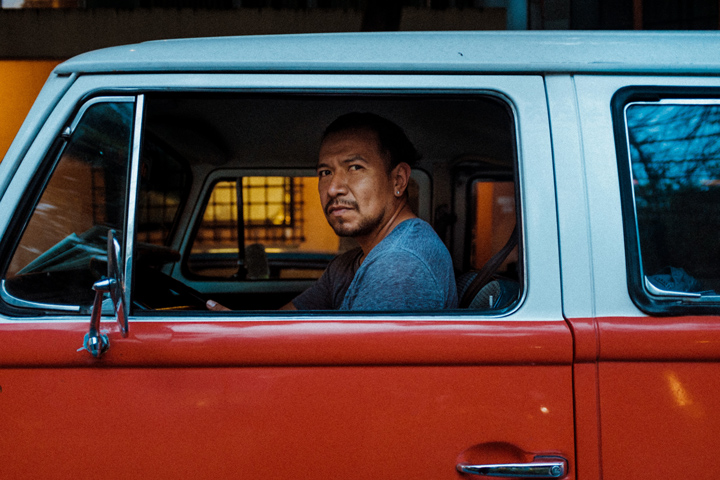
I’m ashamed to say that I became livid, and almost lost it. Adrenaline flooded my synapses. I suddenly wanted revenge. I’m normally a peaceful person, so the intensity of my feelings stunned me. Only my commitment to nonviolence as a Baha’i stopped me from pulling the guy out of his truck and harming him. I never feel that way, but in the moment, I hoped the irresponsible fool would suffer in prison for his crime. He could’ve killed me and my entire family, I thought, enraged.
Have you ever experienced that kind of sudden visceral emotion? It can seem like a normal human response—when someone victimizes, defrauds, assaults, even injures us, we often feel an immediate need for some kind of rough justice, for vengeance, for revenge.
Abdu’l-Baha pointed out in Some Answered Questions that the Baha’i teachings reject this reasoning and call us all to a higher and more humane moral standard:
There are two kinds of retributive actions: One is revenge and retaliation, and the other — punishment and requital. An individual has no right to seek revenge, but the body politic has the right to punish the criminal. Such punishment is intended to dissuade and deter others from committing similar crimes. It is for the protection of the rights of man and does not constitute revenge, for revenge is that inner gratification that results from returning like for like. This is not permissible, for no one has been given the right to seek revenge. And yet, if criminals were entirely left to their own devices, the order of the world would be disrupted. So while punishment is one of the essential requirements of the body politic, the wronged and aggrieved party has no right to seek revenge. On the contrary, he should show forgiveness and magnanimity, for this is that which befits the human world.
Baha’is, though, do believe firmly that society must have practical, feasible ways of responding to crime:
The body politic, however, must punish the oppressor, the murderer, and the assailant, to dissuade and deter others from committing similar crimes. …
But the body politic has the right to preserve and to protect. It holds no grudge and harbours no enmity towards the murderer, but chooses to imprison or punish him solely to ensure the protection of others. The purpose is not revenge but a punishment through which the body politic is protected. Otherwise, were both the victim’s heirs and the community to forgive and return good for evil, the wrongdoers would never cease their onslaught and a murder would be committed at every moment — nay, bloodthirsty individuals would, like wolves, entirely destroy the flock of God. The body politic is not prompted by ill will in meting out its punishment; it acts without prejudice and does not seek to gratify a sense of vengeance. Its purpose in inflicting the punishment is to safeguard others and to prevent the future commission of such vile actions.
But what about turning the other cheek, as Christ advised? Abdu’l-Baha answered that question when he said “… the proper functioning of the body politic depends on justice and not forgiveness.” As individuals we should try to forgive, the Baha’i teachings say, but as a collective body of people, we should strive to fairly and dispassionately administer justice, with the goal of protecting the entire community.
So the Baha’i teachings have quite a practical perspective on the continuing existence of imprisonment, which will, Abdu’l-Baha seems to imply, continue as a necessity as long as the current moral and spiritual state of our world persists. However, Baha’is also believe that it will be possible at some future point, through the implementation of new spiritual laws and principles, and through a very different approach to child-rearing and moral education, to vastly improve the state of the world, reduce crime, and therefore significantly decrease our need for incarceration and prison.
We can accomplish this by realizing that two things safeguard us all from wrongdoing: law and faith.
A society’s laws attempt to punish criminals and act as deterrents to others who might consider committing crimes—but true religion goes much deeper than civilization’s laws possibly can, with its inner moral guidance and its emphasis on the acquisition of human virtues like love, justice, kindness, peace, selflessness and concern and respect for others. True religion speaks to the inner reality, the conscience, and the soul of every believer, and as Abdu’l-Baha wrote, consequently exerts an enormous influence on people’s behavior:
See then how wide is the difference between material civilization and divine. With force and punishments, material civilization seeketh to restrain the people from mischief, from inflicting harm on society and committing crimes. But in a divine civilization, the individual is so conditioned that with no fear of punishment, he shunneth the perpetration of crimes, seeth the crime itself as the severest of torments, and with alacrity and joy, setteth himself to acquiring the virtues of humankind, to furthering human progress, and to spreading light across the world.
So what happened to that high-as-a-kite driver? The police came, and I left them to deal with him—one of the great advantages of living in a society that operates with the rule of law rather than by vigilante vengeance or violence. Luckily, the principles of my Faith restrained me from trying to personally avenge his crime—because seeking revenge would have only compounded the original act rather than solve anything, and because we probably would have wound up in the same cell. Thank you, Baha’u’llah.


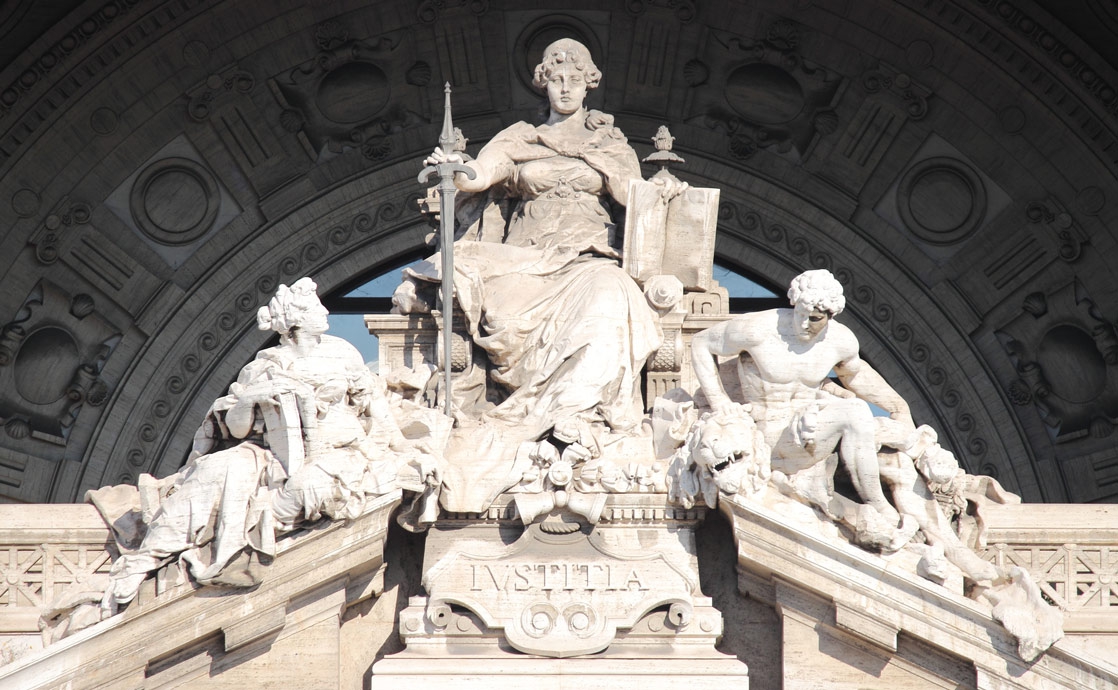

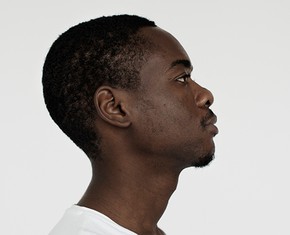
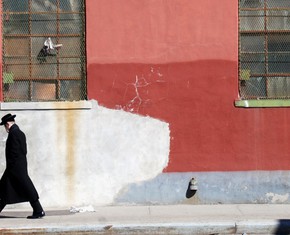
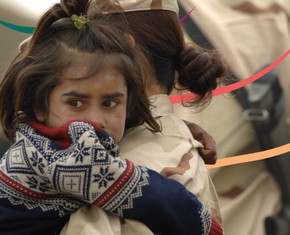









Comments
Sign in or create an account
Continue with Googleor